Charleston, South Carolina is a great destination for foodies and history buffs. But there is more to see beyond the well-known forts or the ghost tours. The best things to do in Charleston include some plantations, walking tours, a farm growing tea, and a distillery. Here are my suggestions.
Table of contents: ()
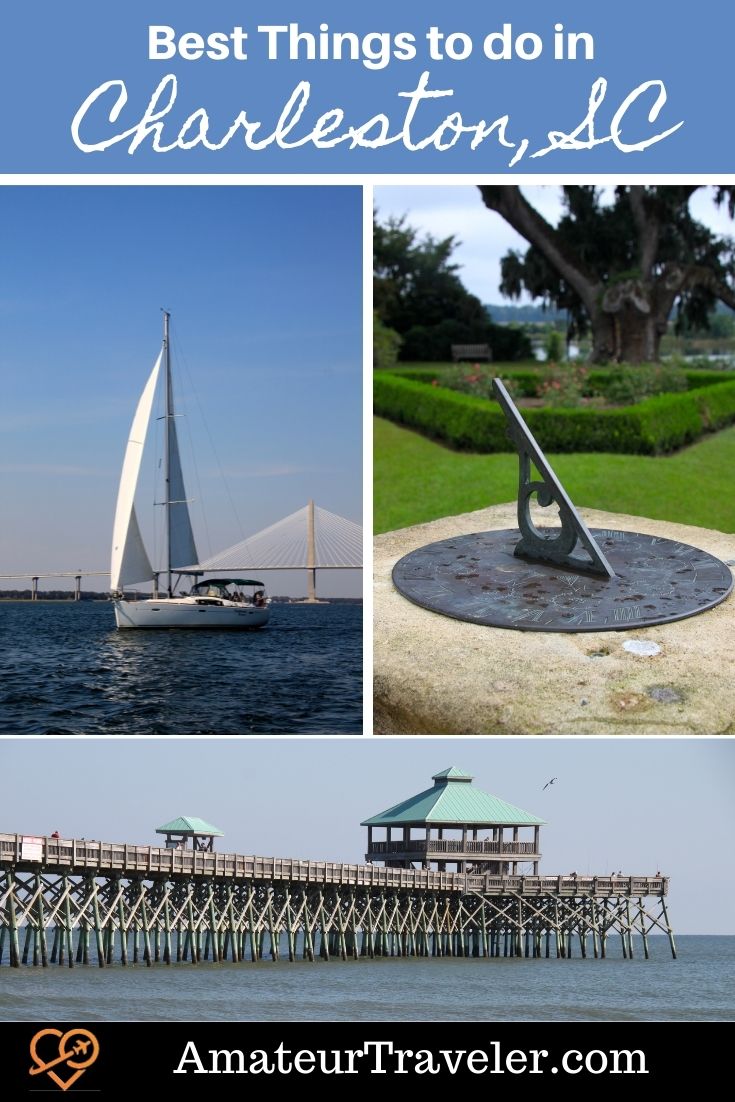
Old Town Charleston
Carriage Tour of Charleston
The best-known tour of Charleston is the carriage tour, and it is the one I would recommend you take first. A carriage tour is a great way to orient yourself to historic Charleston. The way that the carriage tours work is that they each get a different route so that they spread out some of the tour traffic among the smaller streets of the old town. So you can take a tour twice and see new sites the second time around.
Tours start at around $35 per person and come with a knowledgeable guide. I found the carriage drivers to be a better guide than the average walking tour guide in the city. Tours take about an hour. There are daytime tours, nighttime tours, and even ghost tours.
Walking Tours of Charleston
There are many different walking tours available in Charleston. There are historic walks through town as well as ghost tours and food tours. Some guides are more knowledgeable than others. Our guide also gave ghost tours which can imply that the story is more of their strength than facts per se.
The most common lie told on historic tours is the guide who points to the big cannons in White Point Garden at the southern tip of Charleston and makes sweeping gestures out towards Fort Sumter saying something about how the Civil War started on this very spot when the Confederates shelled the Union Fort. No. The shelling came from guns at Fort Johnson and Fort Moultrie on either side of Fort Sumter… but it makes a good story.
Ghost tours are not my cup of tea, but they are very popular in Charleston. They have an hour and a half long Ghost and Dungeon Walking Tour that tours sites associated with voodoo, pirates, and ghosts. Expect to see graveyards, back alleys and haunted houses.
Whether you are on a walking tour or just walking through the old town, keep an eye out for a joggling board. These long flexible bouncy benches were invented as a form of exercise… but now they are just fun.
- Get a Car Rental
- Buy Travel Insurance
- Search for Great Tours HERE
- Book Your Accommodation HERE

Circular Congregational Church Graveyard
The oldest colonial graveyard in Charleston is at the Circular Congregational Church. There are 700 graves here, 150 of which predate 1776. The grave above features the “death’s head” used on many of the early graves. The skull represents death but the wings a hope for life after death.
Historic Charleston City Market
The Historic Charleston City Market is a 4 block long narrow building in the center of old Charleston. This area has been a market since the 1790s. Here you can find a number of shops selling Christmas goods, hats, gourmet food, candy, art, jewelry, and souvenirs. The market is open days and Friday & Saturday night, 6:30 pm – 10:30 pm.
Cruise or Sail the Bay
As we sailed the bay off Charleston on a sailboat, I fell in love with the city. On a warm October afternoon, my thought started to drift towards moving to the city. Of course, in the heat of the summer, I might have had a different opinion, but Charleston does have a beautiful protected bay.
An alternative way to experience Charleston Harbor is on a Luxury Dinner cruise. A 2.5 hour long 3-course southern-style dinner on the Spirit of Carolina can be a great way to enjoy a romantic evening or just a dinner with friends.
Best Day Trips from Charleston
Fort Sumter
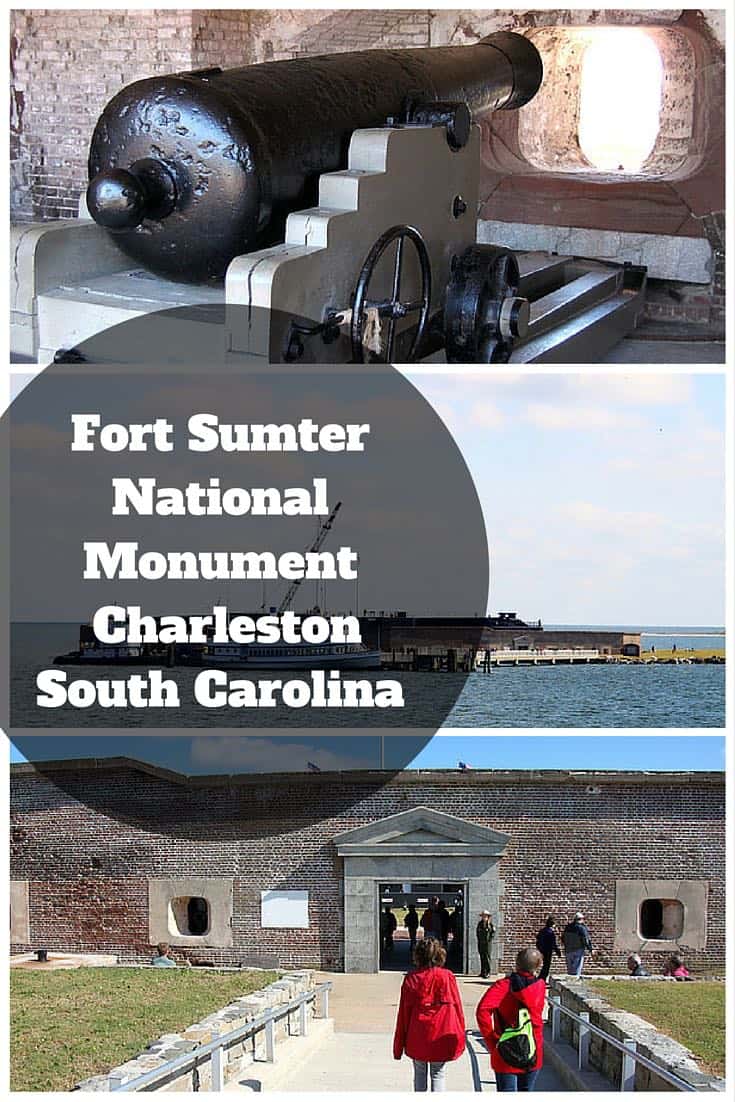
Fort Sumter History
South Carolina and a group of six other states in the deep South seceded from the Union when the divided election of 1860 led to the election of Abraham Lincoln, a Republican. While Lincoln did not consider himself an abolitionist (in favor of the immediate abolition of slavery) the platform of his party did call to limit slavery to the existing states and to ban it from the territories. By the time Lincoln was sworn in as president in March of 1861 seven of the 15 slave states had left the union. No one was quite sure if the U.S. would let them go or if a war was inevitable. The general consensus is that Lincoln wanted the South to fire the first shot of the war if there was to be war. Some say this was to minimize the number of slave states that left the Union and some because Congress would not declare war otherwise.
Fort Sumter was built after the war of 1812 to protect the Charleston Harbor. Having a British fleet sail into the Chesapeake Bay and set fire to Washington D.C. Had made an impact on the young country. But when the time the Civil War broke out the fort was not fully manned. It was intended to have 135 cannons and 650 men, but only had 60 cannons and 85 men and that was only after the Union soldiers at the nearby indefensible Fort Moultrie rowed over to Sumter in the middle of the night led by Major Robert Anderson. Local residents were incensed by this action and the surrender of the fort was demanded.
The supplies at the fort were running low so the new president had to decide whether to send fresh supplies. Lincoln decided to send supplies and additional troops (but no weapons) before the supplies would run out on April 15th. But the Confederates opened fire on April 12th led by General P. G. T. Beauregard, who had been Anderson’s student at West Point. Union soldiers were forced to surrender when fires started by the cannonade threatened to ignite the magazine where ammunition was kept.
As bloody as the conflict of the American Civil War was, it is ironic that only one person died during the shelling and that was a Confederate artilleryman who was killed when one of his own cannons exploded. In addition, a Union gunner was also killed when his gun exploded during the 47th shot of a 100 shot salute… after the fort had surrendered.
After the shots were fired at Fort Sumter four more states joined the confederacy (Virginia, Arkansas, North Carolina, and Tennessee) but that left 4 slave states still in the Union (Maryland, Delaware, Missouri, and Kentucky). More than 700,000 would die before the end of the Civil War, more than all other U.S. wars combined.
Visiting Fort Sumter
To get to Fort Sumter take a ferry from either the Aquarium Wharf in downtown Charleston or the Patriots Point Maritime Museum in Mt. Pleasant. Entrance to the fort itself is free, but you can only get there via the ferry and that costs $18 for adults and $11 for children over 3. The Aquarium Wharf is about a mile from the Historic Charleston City Market. Allow 2 hours and fifteen minutes total for the trip.
On the boat ride out to Fort Sumter, they tell the story of the fateful battle in 1861. On the way out to the Fort look for dolphins swimming beside the ferry as they are commonly seen in the bay.
Inside the fort Park Rangers again give a talk about the history of the fort and the start of the Civil War for those who skipped the small museum at Aquarium Wharf and fell asleep on the ride out to the fort.
Fort Sumter was not decommissioned immediately after the Civil War so it has undergone significant change since that era. The current fort is not as impressive as the Civil War version which was twice the height. There is also a fort inside the fort a concrete blockhouse-style installation was built in 1898 prompted by the Spanish-American War.
Folly Beach
One of the most popular beach towns in the area is Folly Beach. Folly Beach is about 20 minutes outside of Charleston. There are a number of fun restaurants in Folly Beach as well as a family-friendly beach.
As of this writing, the iconic Folly Beach Pier is in the middle of being rebuilt and is expected to reopen in the Spring of 2023. There are a number of hotels in the area and a couple of days at the beach can be a nice addition to a Charleston vacation.
Isle of Palms
Another popular beach area to the north of the mouth of Charleston’s Harbor is the Isle of Palms and Sullivan’s Island area. Isle of Palms is more upscale and quiet while Folly Beach tends to appeal to a younger crowd.
Charleston Tea Garden
If you thought that you needed to visit Sri Lanka to see how tea is grown then welcome to the only tea garden in North America which is on nearby Wadmalaw Island. Did you know that black tea, green tea, and oolong tea all come from the same tea plant?
What makes the tea different is how it is dried and processed. You can learn about the process of growing, harvesting, and processing tea on this factory tour. You can also take a 45-minute trolly ride through the area. You can sample different teas at their tea bar or you can sit on the porch and drink iced tea.
Angel Oak Tree – Johns Island
The Angel Oak is a giant Southern live oak tree that is 400-500 years old. While not the oldest tree in the state (by some 1000 years), it is nonetheless a pretty spectacularly big tree. You can visit the park containing the Oak for free and 400,000 people visit each year. If you want to take special event photos here you will need a permit, but you know you are going to take a selfie here.
Middleton Place
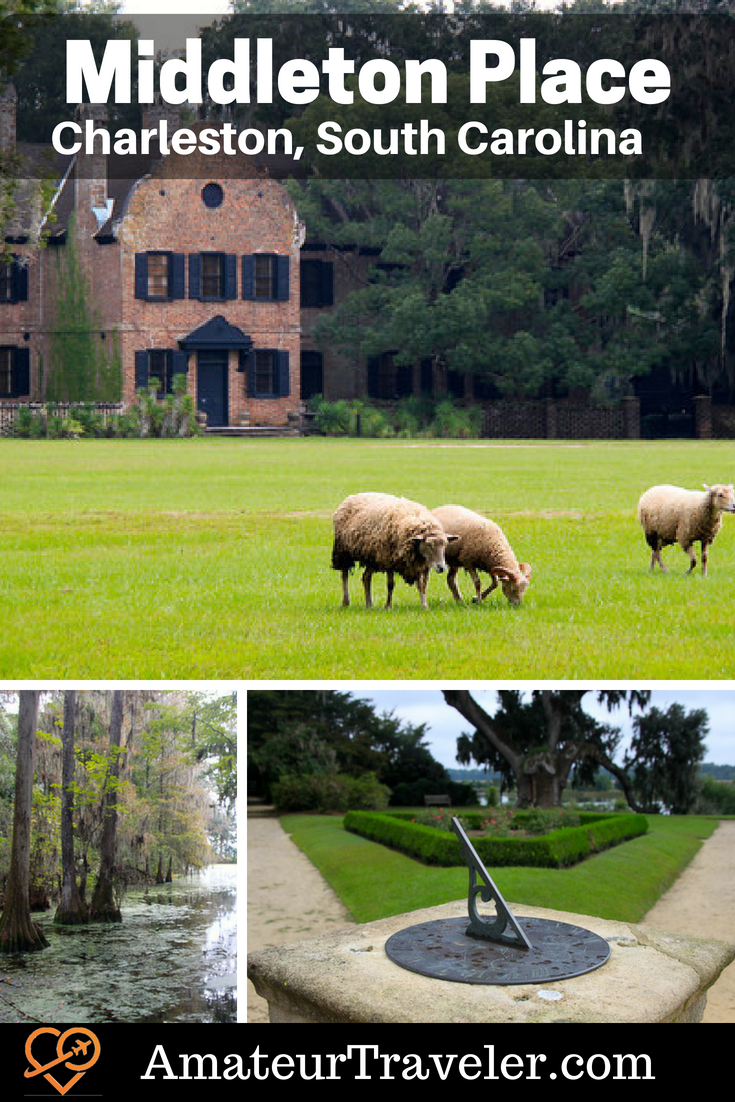
Henry Middleton was one of the richest men in the colony of South Carolina. He had 13 different rice plantations when he bought Middleton Place and started to build its gardens, or rather started to plan the gardens and have them built by 130 of his slaves. Yes, he was a slaveholder as most of the richest men in his colony were. He was rich enough to afford not to live at Middleton place during the heat of the Summer when he could visit his houses in town, in North Carolina, or in Rhode Island. He also had enough free time to dedicate some time to politics and was the second president of the continental congress.
Henry’s son Arthur followed in his father’s footsteps and was one of only two signers of the Declaration of Independence from South Carolina. Henry would also have gone to the convention but was in failing health.
Henry’s grandson Governor Henry Middleton served as Governor of the state of South Carolina from 1810 to 1812. He also served 10 years as the Minister Plenipotentiary (ambassador) to Russia. Middleton Place has a painting that was given as a gift from Czar Nicolas I of Russia.
The son of Governor Henry, Williams Middleton, signed the Articles of Secession to remove South Carolina from the Union at the start of the Civil War. While Williams certainly thought himself no less a patriot and revolutionary than his grandfather and great-grandfather, the Union soldiers who occupied and burned down the main house late in the war probably would have used a different term to describe Williams.
While the main house no longer stands the gardens have been restored since they are “America’s Oldest Landscaped Gardens” and are on the National Historic Register. The grounds of Middleton Place include the formal gardens, the South “Flanker” house that survived the Yankee torch, stables, and slave quarters. A former rice plantation, it is better known now for fancy weddings.
Middleton Place is open 9 am – 5 pm except for Christmas Day. Admission to the grounds is $29 adults / $15 students / $10 children. Save a few dollars off that by getting your tickets before your visit. There is a separate admission to the South Flanker House that is now the Middleton Place House Museum. A guided tour of the museum is $15 each and is recommended for history buffs.
Food and Drink in Charleston
Hominy Grill
Charleston is a great food town. We have written elsewhere about breakfast options in Charleston, but one of my favorite ones was Hominy Grill at 207 Rutledge Ave. It looks like Hominy Grill may not have made it through the pandemic.
Griffon Pub
The Griffon is a simple bar known better for its decorations than its fish and chips. For some reason, people have been stapling money to the walls and ceiling of the pub. They will often write their name of maybe the name of a business and then add to the collection. There are fewer notes than there were before COVID as the bar owners collected many of the bills to help their 17 employees buy groceries when they were shutdown by COVID. So while many local businesses can use your dollars these days… they can use them in a few ways.
Firefly Distillery
I am sad to hear that Firefly Vodka distillery has moved from its very quirky place on Wadmalaw Island to North Charleston. But the old destination did take a lot longer to get to. They have expanded from making vodka to also distilling rum, moonshine, whiskey, gin, and bourbon.
Visit on a Saturday when they will have a food truck or two for a more relaxed visit. Taste a flight or just pick up some sweet tea vodka for your neighbors who are watching your dog.
Firefly Distillery
4201 Spruill Avenue
North Charleston, SC 29405
Where to Stay in Charleston
For a week-long stay in the area, I would stay in downtown Charleston at a historic inn or B&B for 4-5 days and then spend a couple of nights out at one of the two popular beach areas of Folly Beach or Isle of Palms.
Podcast
Listen to my podcast episode Travel to Charleston, South Carolina – Amateur Traveler #430 for more information about going to South Carolina.
+Chris Christensen | @chris2x | facebook
2 Responses to “Best Things to do in Charleston, South Carolina”
Leave a Reply
Tags: article, charleston, folly beach, south carolina





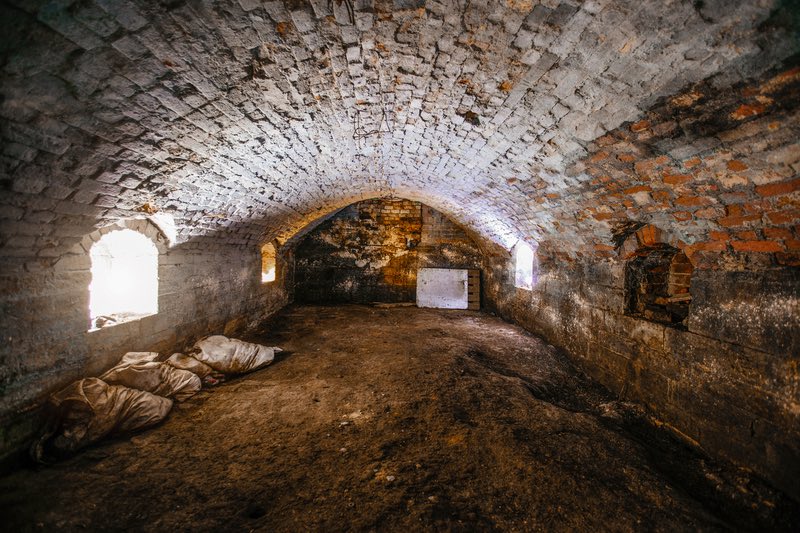



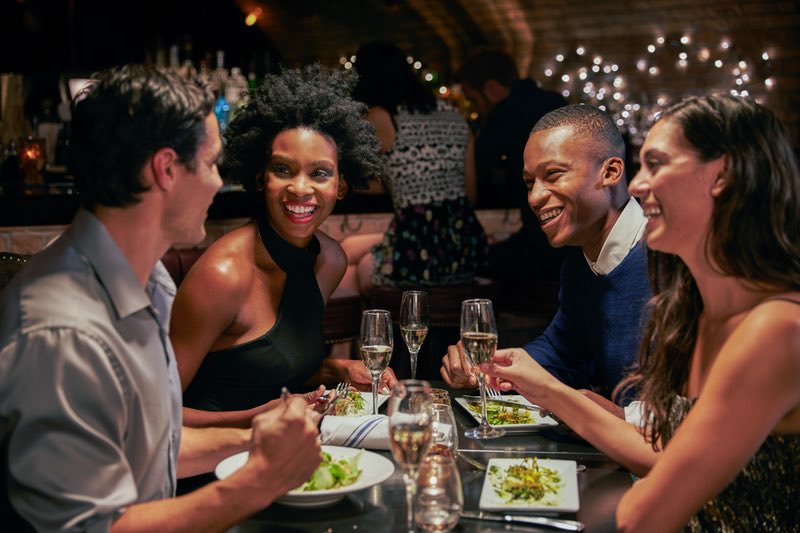



















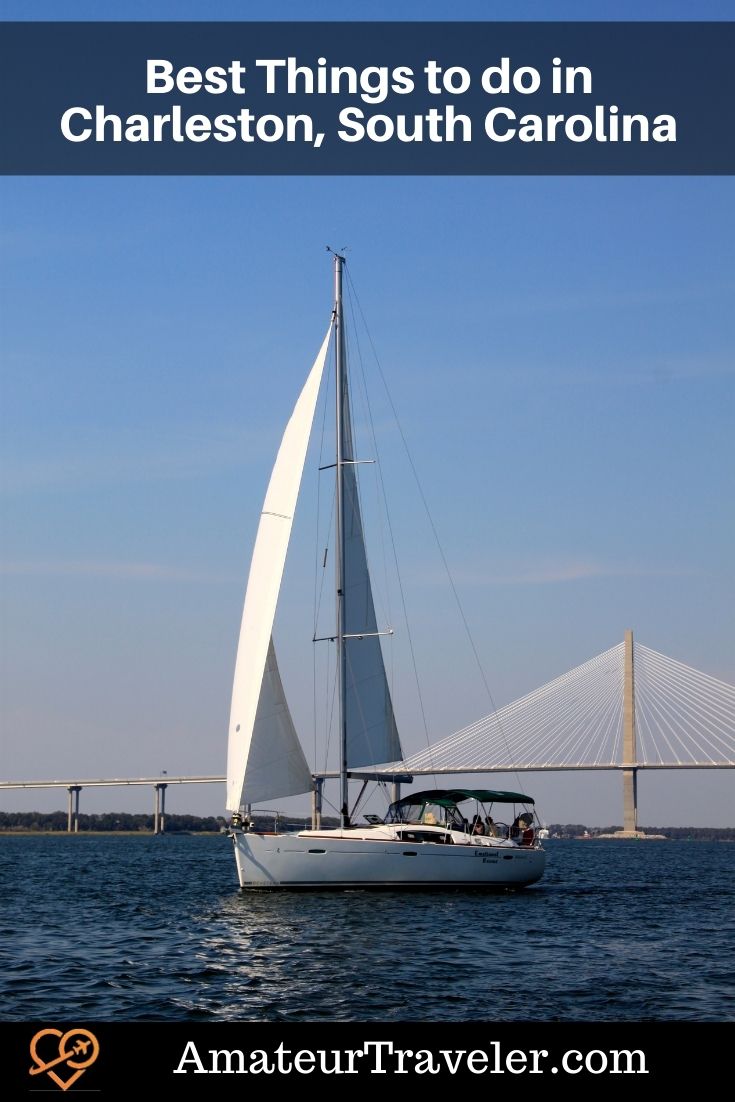
 Middleton Place Historic Plantation and Gardens – Charleston, South Carolina
Middleton Place Historic Plantation and Gardens – Charleston, South Carolina Fort Sumter National Monument – Charleston, South Carolina
Fort Sumter National Monument – Charleston, South Carolina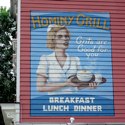 A Charleston Breakfast Itinerary – Charleston, South Carolina
A Charleston Breakfast Itinerary – Charleston, South Carolina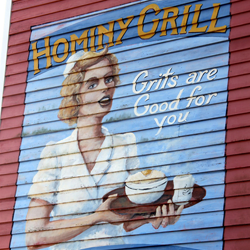 Travel to Charleston, South Carolina – Episode 430
Travel to Charleston, South Carolina – Episode 430

Melissa
Says:November 7th, 2021 at 8:17 pm
FYI may need to update this – we are in Charleston so was referencing this for our current trip but looks like Hominy Grill is permanently closed according to Google Maps, and some of the pricing is outdated (the lowest carriage ride prices I found anywhere were $45 not $35 as listed in the article). I think it’s worth mentioning also a different sort of plantation tour available now at McLeod Historic Plantation – a guided tour focusing more on the historical context and experience of enslaved people, specifically educating visitors about Gullah-Geechee culture – it was insightful, interesting for kids and adults, moving, and less of a romanticized spin than the sites that offer some wistful antebellum wedding venue vibe that I think more and more people are finding problematic/whitewashed. Just a few thoughts since I just heard you send people to this article when I listened to this week’s Ghana episode and wondered when this was written.
Chris Christensen
Says:November 7th, 2021 at 9:50 pm
Sorry to hear about Hominy Grill. It looks like carriage rides are as cheap as $30 on Viator (https://11802.partner.viator.com/tours/Charleston/Historic-Carriage-Tour-of-Charleston/d4384-7331P2)